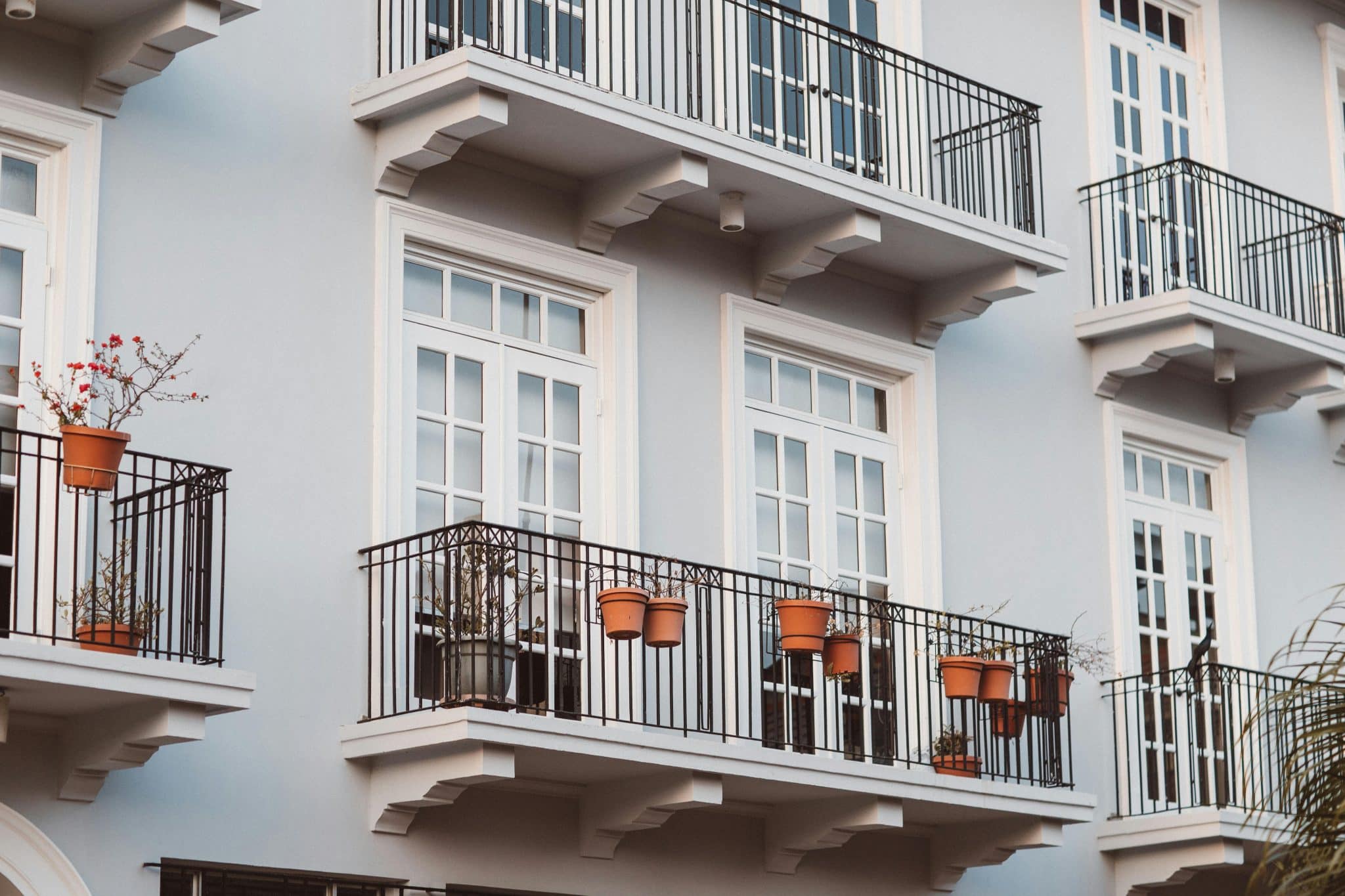The Guide to Soundproofing Windows in Apartments and Small Spaces
City life is vibrant, but the noise can be relentless. Sirens at midnight. Delivery trucks at sunrise. Conversations floating up from the street when you’re trying to focus or sleep. In small apartments, the sound feels closer. Rooms echo, surfaces reflect, and the quiet you crave keeps slipping away.
Most of that noise slips in through your windows. Glass is thin, frames shift over time, and tiny gaps act like open doors for sound. If you live in a noisy area, looking into sound proofing for windows can make your apartment quieter without major renovations.
The good news. You can calm the soundscape with a few smart changes. Start simple, then level up where it counts. The goal is a peaceful home that still looks beautiful.
Quick Fixes You Can Try First
Before you think about new glass or expensive inserts, start with small improvements. These quick fixes can make a real difference, often with minimal cost and effort.
Check Weatherstripping and Frame Gaps
Run your hand slowly along the edges of your window. Feel for tiny drafts or uneven temperatures. At night, shine a flashlight from outside—if you see light seeping through, air is sneaking in too. Replace old rubber or foam weatherstripping so the sash closes tightly. It’s a simple repair that immediately improves comfort.
Seal with Caulk or Adhesive Foam
Cracks around the window trim let both noise and air leak inside. For small gaps, use paintable caulk to create a clean, long-lasting seal. If you find wider spaces, try high-density adhesive foam tape. Always make sure the surface is clean and dry before applying, so the seal sticks properly and lasts through the season.
Patch Microcracks and Add Heavy Drapes
Tiny fractures in older glass can vibrate with sound or temperature changes. A clear sealant can temporarily reinforce the surface until you’re ready for a more permanent solution. For an added layer of calm, hang thick, lined curtains or Roman shades. They absorb echoes, reduce outside noise, and instantly make the room feel warmer and softer.
These small steps are renter-friendly, affordable, and surprisingly effective. More importantly, they prepare your windows for deeper soundproofing upgrades later on.
Best Window Soundproofing Options
When the basics aren’t enough, step up to purpose-built treatments that block, decouple, or absorb sound at the window.
Window inserts
Clear acrylic or laminated glass inserts create a second seal inside the frame. The air gap between the primary window and the insert disrupts sound transmission and reduces drafts. Many renters love them because installation is noninvasive and the look stays clean. Quality systems can noticeably cut street noise while preserving light and views.
Double or triple glazing
Upgrading to insulated glass units adds mass and spacing, both crucial for sound control. Mixing glass thicknesses or adding a laminated pane improves performance further. This route is pricier and usually permanent, but it delivers strong thermal and acoustic gains along with better comfort year-round.
Acoustic curtains and blinds
Dense, multi-layer fabrics and cellular shades won’t replace glazing, yet they make a real difference when combined with seals and inserts. Choose lined, floor-length panels that overlap the frame. The right textile softens reflections and helps tame echo in compact rooms, while keeping your design warm and intentional.
Design Ideas That Also Reduce Noise
Soundproofing doesn’t have to look industrial or technical. You can blend it into your interior design so it feels intentional, not functional. Start with soft materials. Thick rugs, upholstered furniture, and layered textiles absorb echoes and dull sharp sounds. A plush armchair or oversized ottoman adds both comfort and acoustic balance.
Add texture where possible. Fabric wall hangings, linen drapes, or woven panels break up reflections that make small rooms noisy. Even a simple gallery wall can change how sound moves through a space. Large leafy plants—like fiddle leaf figs or palms—also work as natural sound diffusers, especially when placed near windows or corners.
Furniture helps more than people realize. Bookshelves or cabinets against shared walls act as subtle barriers. Fill them with books or decor to increase density and reduce vibration. Every small design choice counts toward creating a calmer, cozier home.
When It’s Time to Call a Specialist
Sometimes, the noise just won’t quit. If you still hear constant traffic or conversations even with closed windows, it’s time to call a professional. Persistent humming, rattling frames, or visible condensation between glass layers are signs your window seals have failed.
A specialist can test your windows for weak spots and measure how much sound they’re actually blocking. They might recommend installing acoustic glass, upgrading to laminated panes, or adding secondary glazing. These solutions don’t just reduce noise—they also improve insulation and energy efficiency. The visit is quick, but the results are lasting.
Enjoying Peace in a Small Space
Quiet isn’t just the absence of noise—it’s what makes a home feel alive in the right ways. When the city fades to a low hum outside your windows, something inside you relaxes. You notice how different the air feels. Your thoughts slow down. You start sleeping more deeply, working better, and simply being more at ease in your own space. That’s the real reward of creating a quieter home.
Good soundproofing brings more than silence. It brings presence. You begin to hear the small, comforting sounds again—the gentle hum of the heater, the creak of the floor, the soft sway of curtains when the breeze moves through. These sounds feel safe. They belong to your space, not the world outside.
Working on your windows isn’t just another design update; it’s a way of shaping how you live. A quieter apartment feels warmer, calmer, more centered. It turns moments like morning coffee or a quiet evening read into something deeper—simple rituals that recharge you.
Soundproofing your windows is an act of care, both for your home and for yourself. It’s how you draw a soft line between the rush of the city and the sanctuary you’ve built inside.







